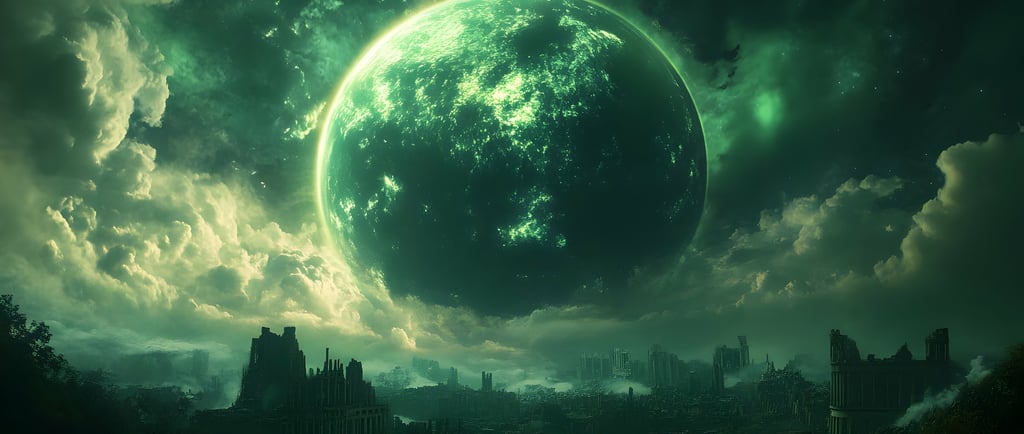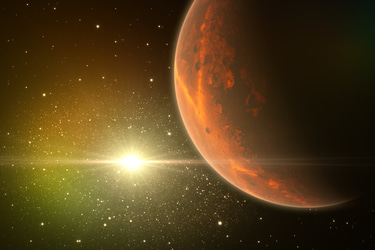The Earth-like Kepler-186f: A Promising Candidate for Life


Introduction to Kepler-186f
Discovered in 2014, Kepler-186f is an exoplanet located approximately 500 light-years away from Earth in the constellation of Cygnus. It orbits within the habitable zone of its host star, Kepler-186, making it a significant subject of interest for astrobiologists and astronomers alike. This region is often referred to as the "Goldilocks Zone," where conditions might be just right for liquid water to exist, one of the critical factors for life as we know it.
Characteristics of Kepler-186f
Kepler-186f stands out as the first Earth-sized planet discovered in the habitable zone of another star. It has a radius approximately 1.1 times that of Earth, which suggests it could have a similar composition and atmospheric characteristics. Its distance from the star allows for the potential presence of water, an essential component for the growth of grass and other forms of vegetation. The presence of grass, in particular, is crucial in the ecosystem balance and supports a variety of life forms.
The Potential for Life
The examination of Kepler-186f raises numerous questions about its ability to support life. Should the planet possess a stable atmosphere, it could facilitate temperatures conducive to the existence of liquid water. This environment would potentially allow for the flourishing of various life forms, including plants like grass. Grass is vital not only for its role in producing oxygen through photosynthesis but also for providing food and habitat for various species. While it is purely speculative at this stage, the possibility of finding grass or similar life-forms on Kepler-186f ignites exciting discussions about the potential for extraterrestrial ecosystems.
In conclusion, Kepler-186f represents a remarkable intersection of astronomy and biology, showcasing the quest for life beyond our planet. As we continue to explore and analyze this intriguing exoplanet, it holds the promise of redefining our understanding of life in the universe. The implications of discovering a planet that could potentially harbor vegetation challenge our perspective on the uniqueness of Earth and stimulate further investigation into the cosmos.
